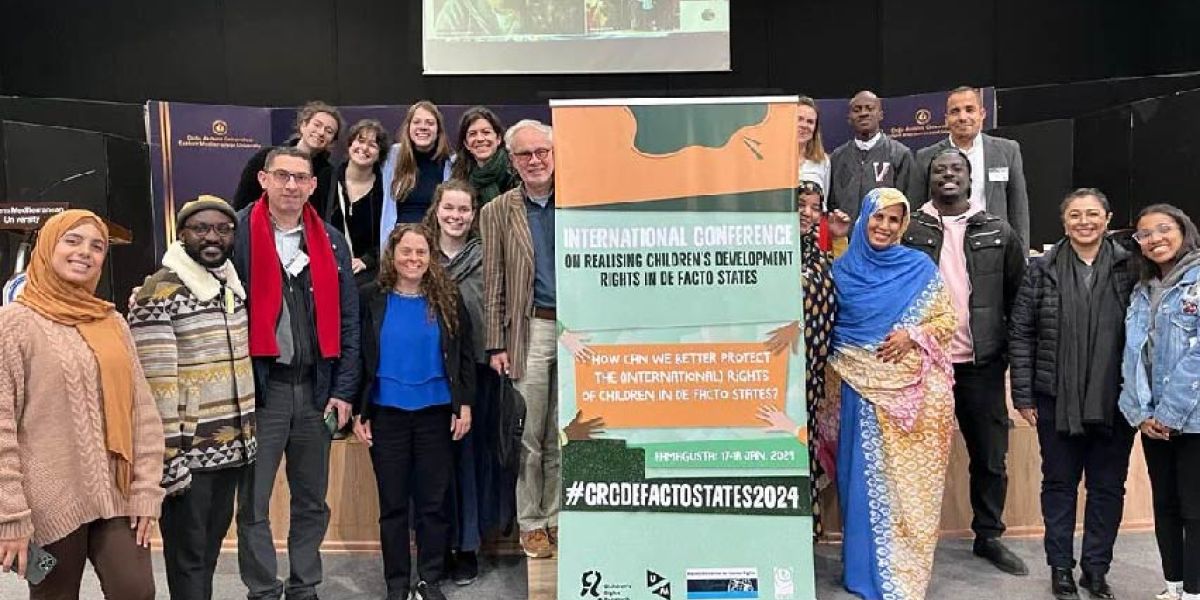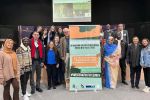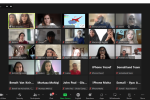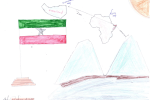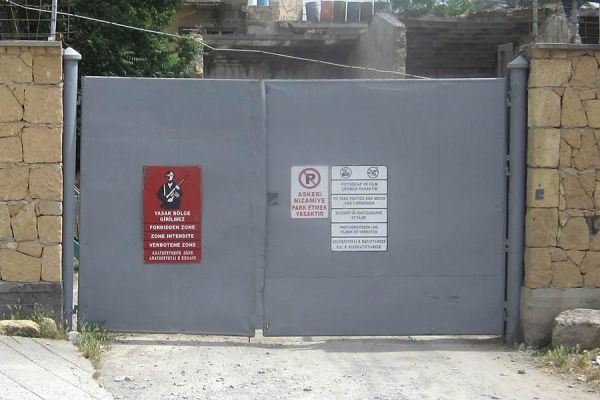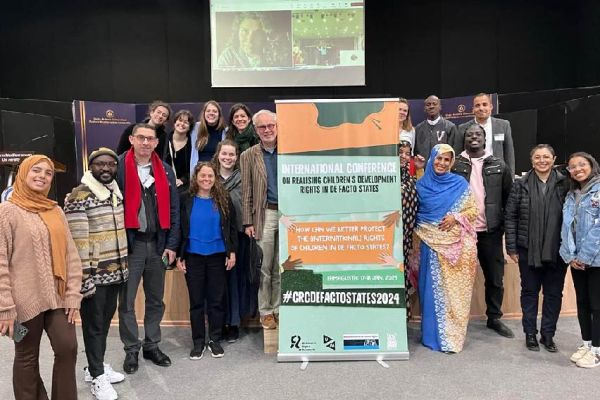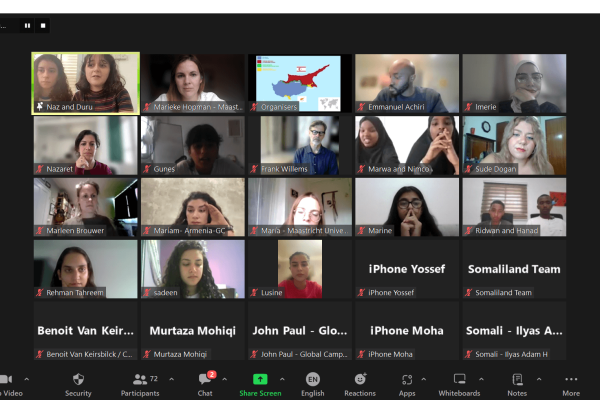The International Conference on Realising Children’s Development Rights in De Facto States took place in-person on January 2024, in Famagusta, Northern Cyprus. The primary objective was to facilitate meaningful conversations among children, academics, activists, and other stakeholders, contributing to ensuring that all children, even those in the midst of political and legal conflict, have equal access to development rights.
The conference successfully brought together 49 participants, including from Somaliland, Palestine, the Turkish Republic of Northern Cyprus (TRNC), the Sahrawi Arab Democratic Republic, and Nagorno-Karabakh. Notably, this marked the first international meeting of children’s rights practitioners of de facto states, providing a platform to share challenges, experiences, and collaborative on problem-solving efforts.
The conference's first day delved into children's rights issues in de facto states, with representatives from each state discussing legal protections, safeguarding approaches, and diverse strategies. The second day focused on concrete solutions, including how the UN Committee on the Rights of the Child could incorporate these children into their monitoring and reporting mechanisms. In a workshop format, we explored several concrete potential solutions, such as the idea to appoint a UN special rapporteur on children’s rights in de facto states.
Child reporters Naz and Duru from TRNC actively participated in the conference, and they shared the following thoughts:
“The “Child Rights in De Facto States Conference” was an eye-opening experience for both of us. Being from De Facto states ourselves, the role of junior media reporters allowed us to fully experience and comment on all aspects of the program. It was truly the first time that we felt fully understood and seen. We were all given the opportunity to speak up about the issues we were facing in our countries, which allowed us to openly speak about the problems in our De Facto state as well as get detailed insight into what issues other countries could be facing.
Furthermore, panels made up of non-government organization members and volunteers from De Facto states were able to provide us with further, detailed insight about these problems, and what solutions they had previously found or what type of actions they have seen work best for such problems, providing ideas for possible solutions. Additionally, on the second day of the conference, we had plenty of time to cooperate with attendees from other De Facto states to come together and brainstorm some possible solutions together, giving us opportunities to come up with unique solutions, often involving countries cooperating, which were all considered thoroughly to be included in the final report, once again allowing our voices to be heard and recognized after a long time. It also revealed the similar and different aspects of the issues we were all facing as different De Facto states, shining light on the key issues we all had in common.
Overall, this conference not only allowed us to speak freely and be heard but also gave us hope as children living in a De Facto state, that we were not alone in these issues and that there was a chance that our concerns would be recognized on an official basis.”
After this conference, our first point of action is to develop a conference report with concrete recommendations, and present this to the UN Committee on the Rights of the Child in May 2024. At the same time, we aim to establish an online expertise network and plan to publish diverse blogs addressing this issue. Further initiatives include a proposed two-year extension of the current research project. The Children’s Rights Research Project, through this conference and future initiatives, remains dedicated to actively listening to the voices of children living in de facto states, and advocating for their rights.
Please find below a video by our child reports Naz and Duru, giving some insight into the conference experiences.
